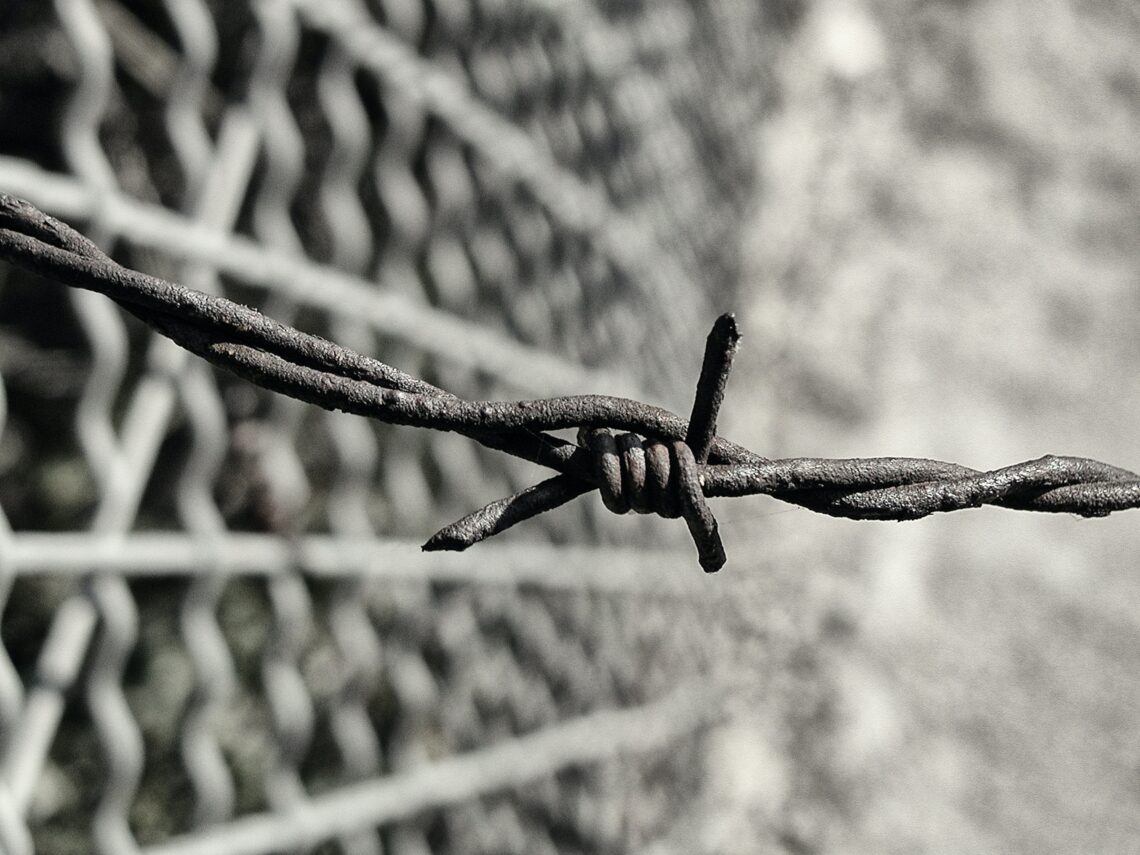
Editorial: The weakness of oppression
“Whenever you have to impose your beliefs and silence discordant views, you have lost the argument.”
Christmas is over. In some countries it risks being over for good. For the celebration of Christmas presupposes the right of faith to express itself. And this right is being ever more challenged throughout the world by various forms of tyranny, expressed in a number of -isms: anti-religious authoritarianism, fundamentalism and secularism, to name but a few. The actions of the Communist regime in China, the excesses of Hindu nationalists in India, the tyranny of the Taliban in Afghanistan and the growing hostility to organised religion in the West are just some instances of a widespread squeezing out of faith, either by atheistic or godless regimes, or by one religion which refuses to allow others to exist.
In the West, secularism, which should offer a fair playing field on which all reasonable opinions can be expressed, ends up relegating faith to the church building, denying the right of believers to intervene in the national discussion. Faith is OK as long as it doesn’t go beyond the sacristy.
But for faith to demand the right to try to influence society – and this is the other side of the coin – it must express itself reasonably, respecting the fundamental convictions and customs of the country which hosts it. A religious belief which imposes itself or, even worse, resorts to violence, is undermining its own validity.
A society can never be built on the basis of exclusion – excluding other ethnicities, or migrants, or the poor, or other religious creeds… So many regimes are resorting to some form of oppression – to China we could add, for example, Myanmar, but we could also point to the ever-growing cancel culture in the West and a so-called Liberalism which is only truly liberal towards its own clique. Whenever you have to impose your beliefs and silence discordant views, you have lost the argument. The resort to oppression is a tacit way of admitting, ‘we are wrong. We don’t have confidence in the truth of what we profess and so can only impose it by force and not through persuasion’. Because, ultimately, for truth to be true, it must be able to stand its own ground.
Like what you’ve read? Consider supporting the work of Adamah by making a donation and help us keep exploring life’s big (and not so big) issues!
Joseph Evans
Fr Joseph Evans is a Catholic priest and a member of Opus Dei. He has worked as a journalist and youth worker, and is currently a university chaplain in Oxford. He is co-founder and Editorial Director of Adamah Media and a poet. His most recent work, “When God Hides”, was published by SLG Press in 2025.